Q&A: Counseling and its importance
January 9, 2019
By JUSTICE CHUKWUEMEKA
The Mirror staff
What is counseling and why should we visit counselors?
Counseling has been around since the 19th century. Historically, counseling in personal problems was done by close relatives, a local priest, or friends. Counseling can also be given within families but, parents and siblings are not the best people to do this since they are a part of the problem.
With the arrival of the Industrial Revolution and the mobility of people, caring professions have been taken more seriously.
In the 20th century, counseling started emerging as a profession and today stands on its own. I spoke with Jenna Peterson, a counselor at Stevens Point Area Senior High (SPASH) about counseling in school compared to counseling in the other settings and also why counseling is important.
Why did you choose to be a counselor?
I love working with kids. My undergrad is in psychology and I got my master’s degree in social work and became a licensed clinical social worker where I could do therapy, but then I married a teacher and found out you could be school counselor without being a teacher. Which I’m not sure that teaching would be a good match for me in the traditional sense. So, I went back for the school counseling credits and became a school counselor.
How long have you been a counselor?
This is my 17th year as a school counselor. I think I might’ve started when you guys were born so it has been a while.
How would you explain counseling to a layman?
Counseling is literally about supporting people to hopefully learn better ways to get through situations, to support them at the moment, to meet them and listen to what they have to say, and then help them with finding their own solutions.
Where did you work before becoming a school counselor?
Prior to being a school counselor. I worked in a residential treatment facility for kids where they live because they can’t handle being in their home or in the community. These kids are severely mentally ill and as a counselor, I am there to support them.
What is the biggest difference between school counseling and other counseling in different settings?
One of the things that I like about school counseling is that you get to meet a variety of different kinds of students with different needs. One minute I talk about academics, getting the grades up, how to study better, college applications, scholarships, and support. The next minute I will be talking about stress in the home and then back to social, emotional friends. It’s a very diverse type of counseling.
Whereas the community counseling or residential is very much about working with students that were or had been mentally challenged. The focus is on how to make them better and survive in everyday situations. It’s very sad at times. These kids didn’t end up there because of them. They had some pretty extreme life situations that took them there.
How do you manage these emotional situations?
Yes, we talk about emotional situations and learn in classes on how to counsel people and how to deal with the emotions. It’s like being emotionally connected yet disconnected to divide that support because if you take it on for everybody else, you can’t do the job. It’s too much and you will burn out very quickly.
What advice do you have for students that undermine the importance of counselors?
I think counseling is very personal, so if a student doesn’t necessarily want to or doesn’t think they need that support, then they may not. They may get the support through a teacher or through parents. But if they do have the desire and want to connect with counselors, counselors help in so many different ways than more to get to know them. For me, the favorite part of my job is the students.
What are some common factors among students that come in for counseling?
Right now we have a lot of students coming in for schedule changes and academic support. I think some of that is related to stress and management.
Would counseling be considered medical or is it more like social work?
To be a counselor you can get a lot of different degrees so it’s kind of hard word. One of the things that throw me off, even more, is that they call as advisors instead of counselors. No matter what life choices you are making, no matter where you are confused, frustrated, needing support, counselors are there to meet the person. Counseling within a hospital would be more acute care in a hospital setting. School counselors cannot diagnose. We cannot say when we look at the DSM [Diagnostic Statistical Manual] that you have anxiety. We don’t have that training and it’s not our licensure. Where community counselors will have that additional piece to interact with insurance companies to provide mental health support.
Would you re-direct a student with depressed feelings to a community counselor since school counselors cannot diagnose?
It depends on the severity of the situation. While the student is here, we would discuss the event. But if the student is severely depressed or suicidal, then we absolutely will refer to additional support. If it’s more situational then we talk about coping skills because one of the things that I don’t think it’s been talked as much to students is that emotions are part of life and we all have them. We feel down one day and the happy the next day.
I just want to point out that school counselors support people with coping skills and with being sad. We are not just here for academic counseling, I think people forget that sometimes.






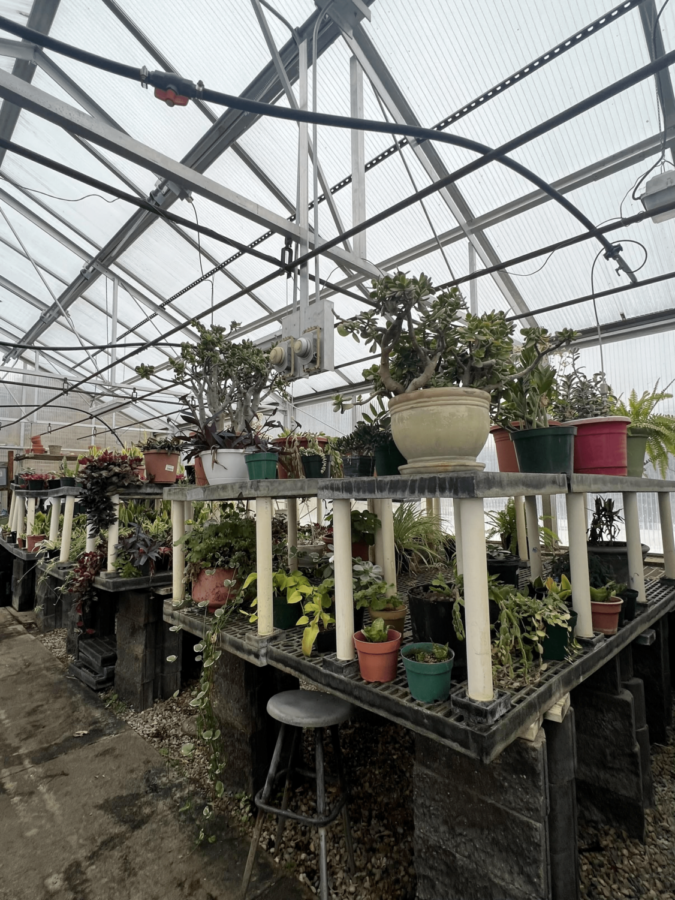













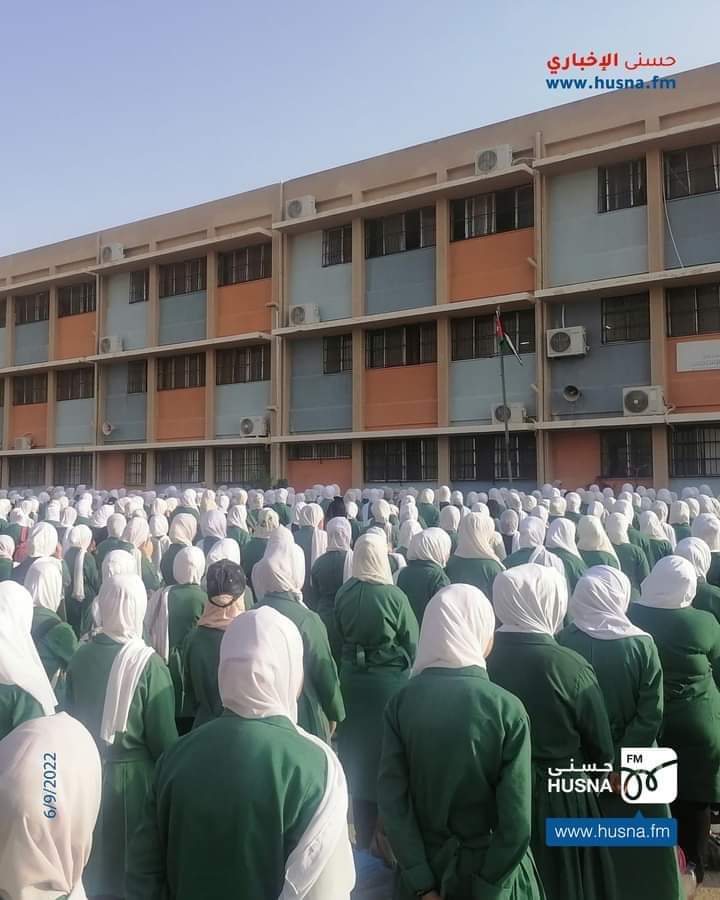



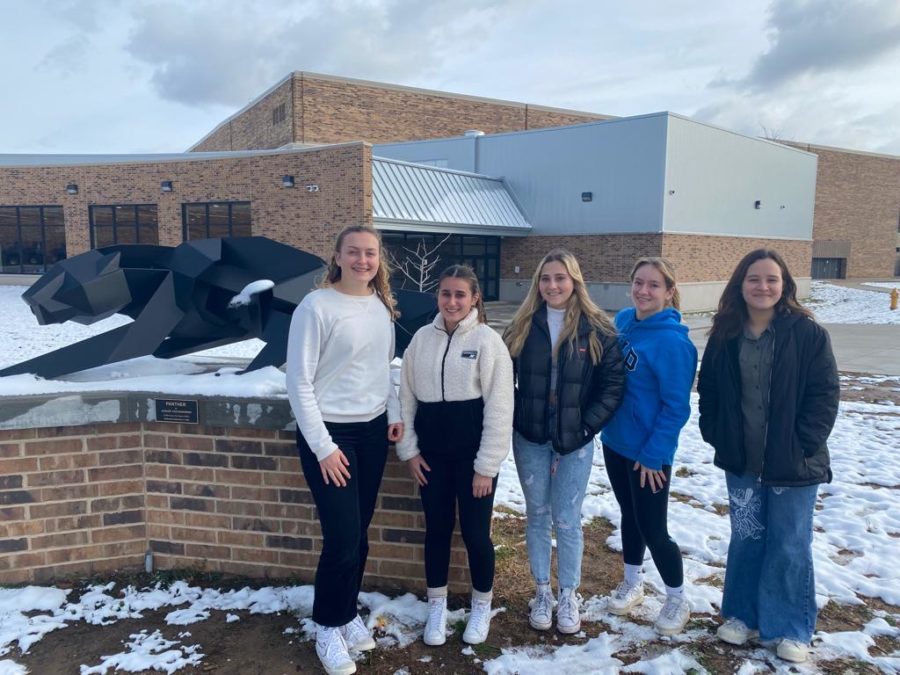

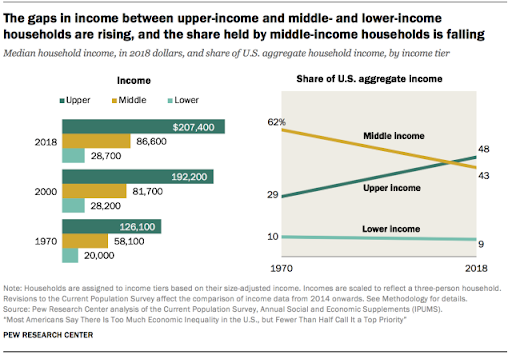
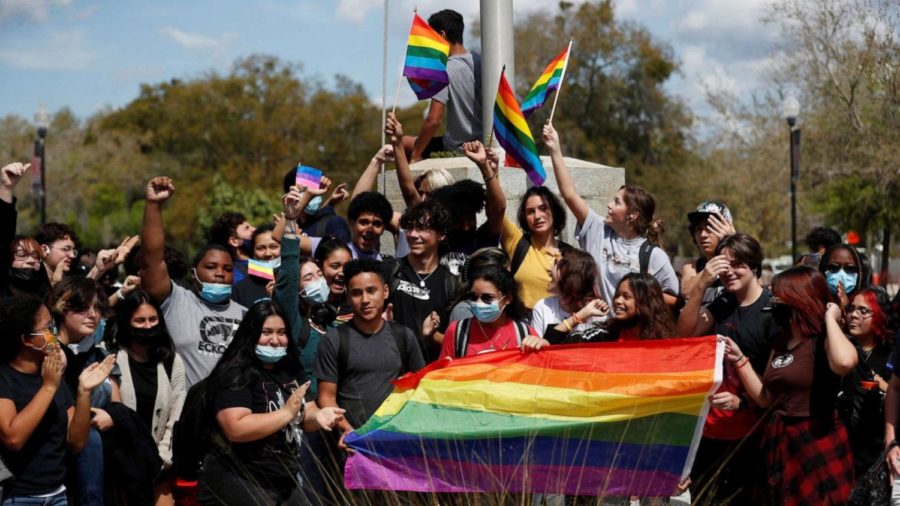










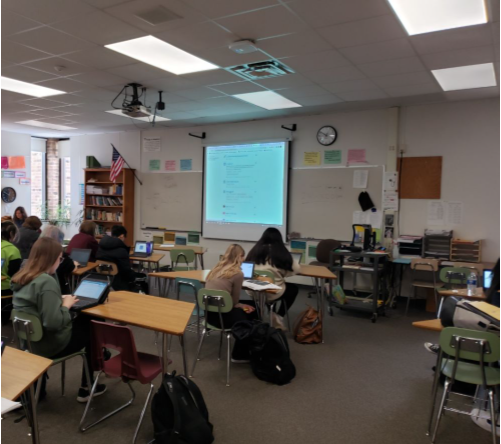
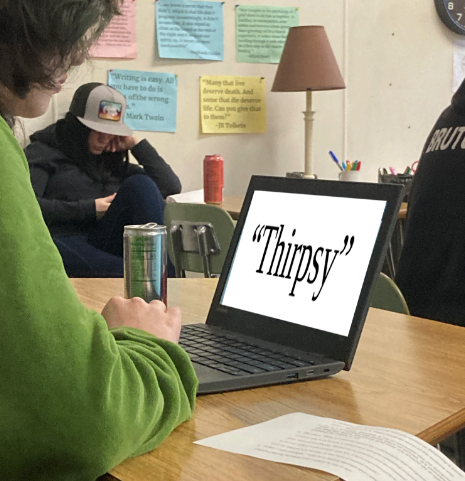


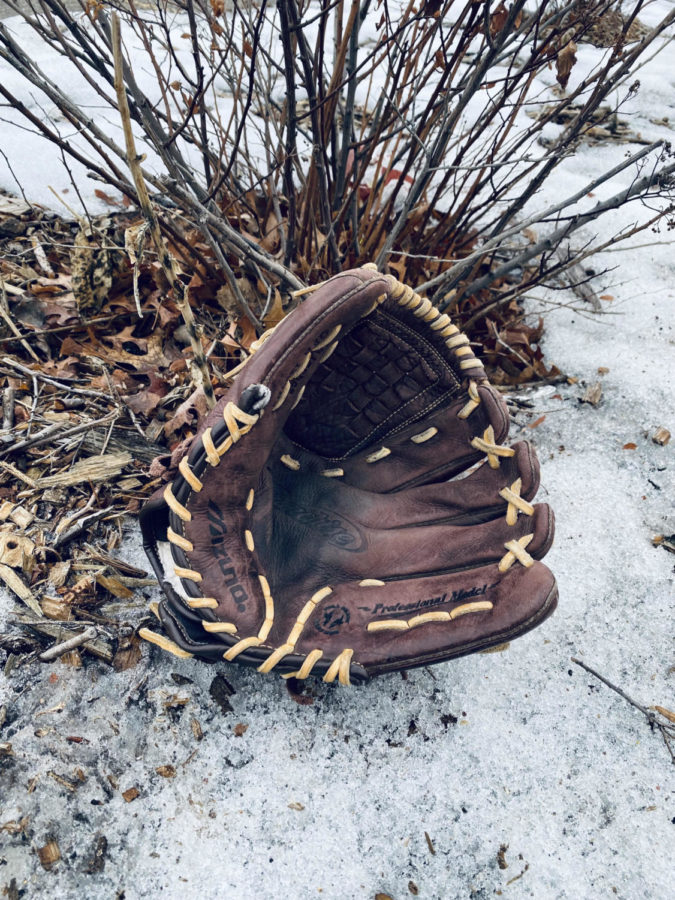


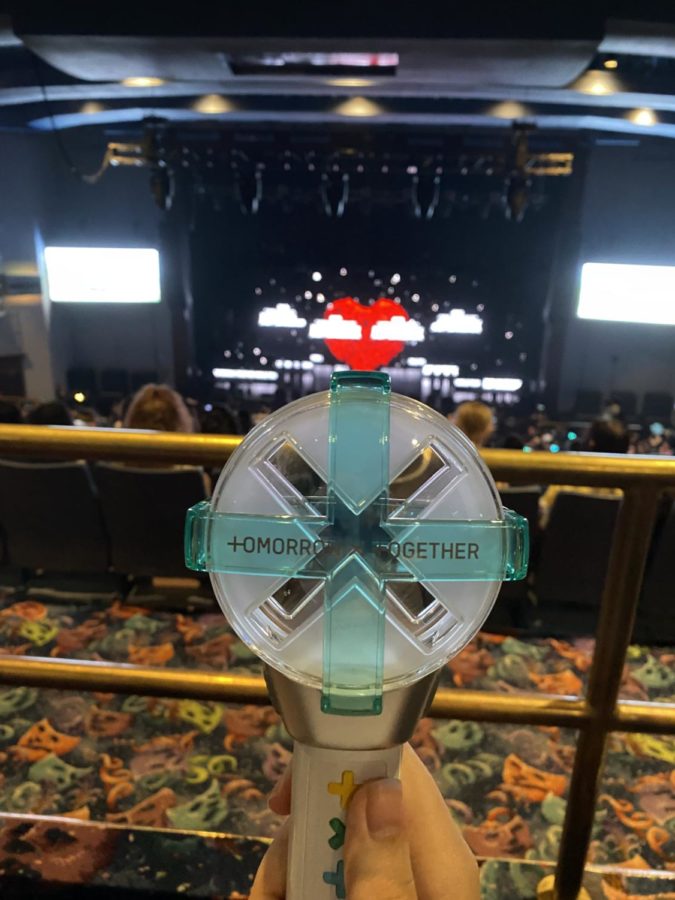

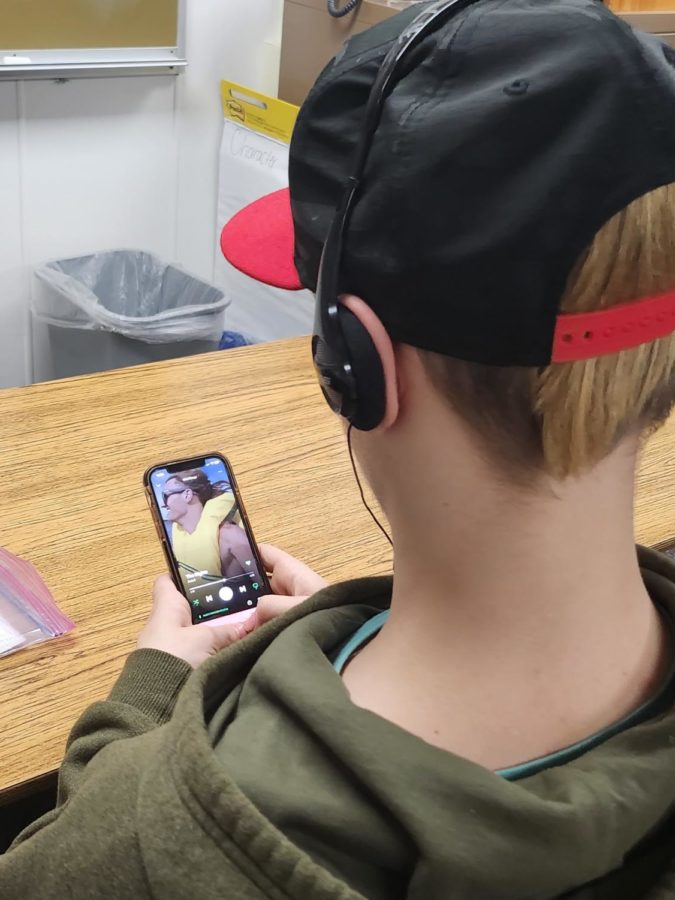







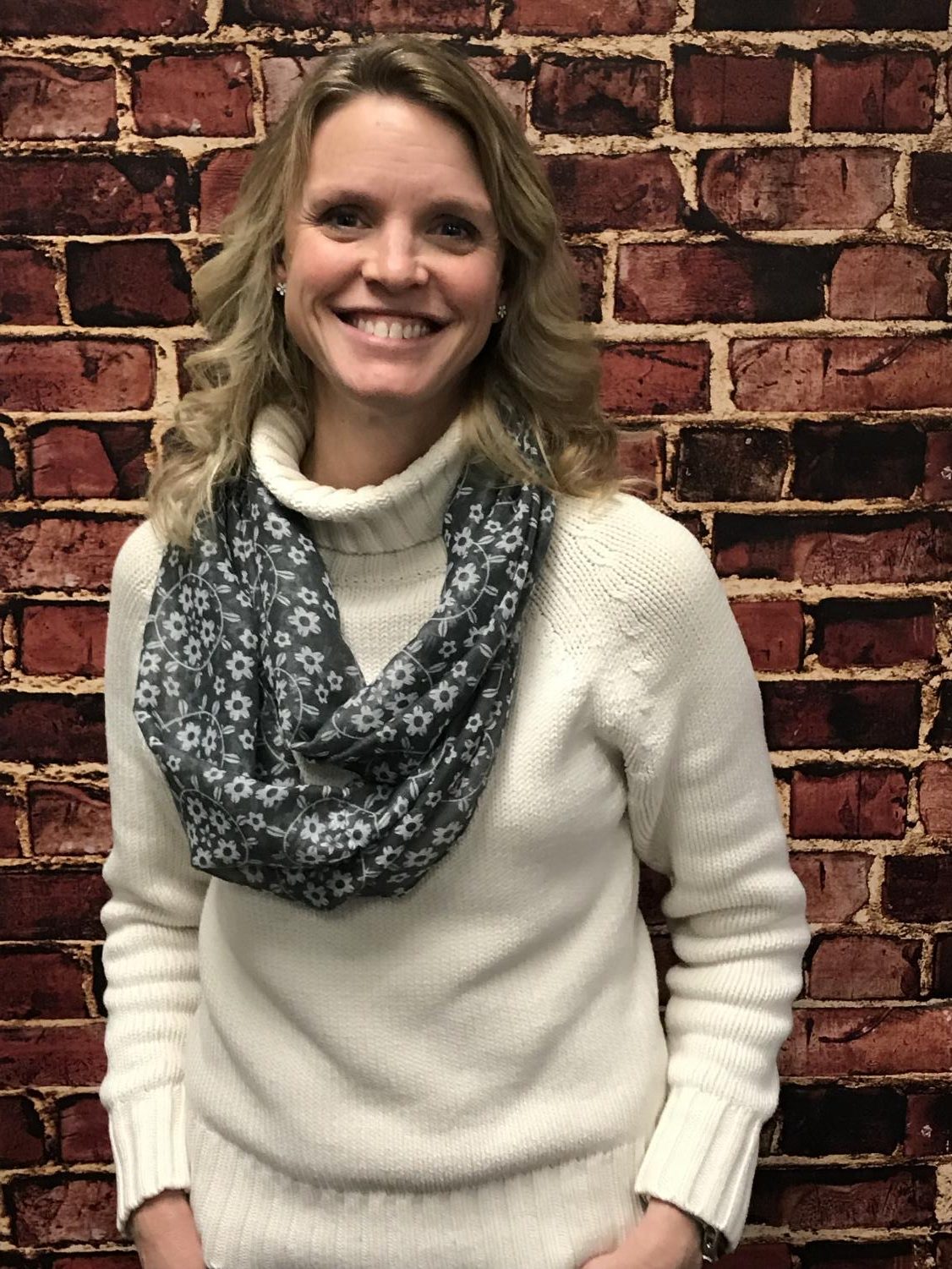




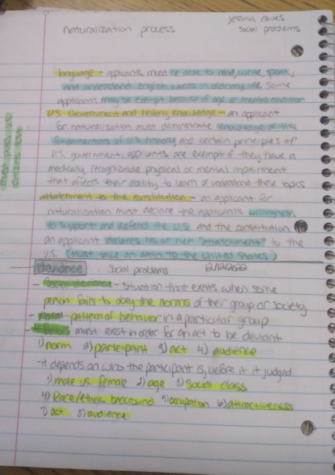
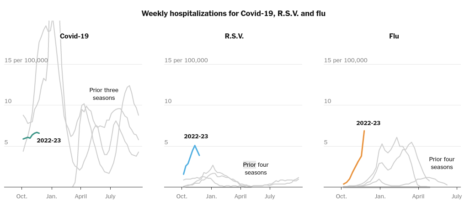
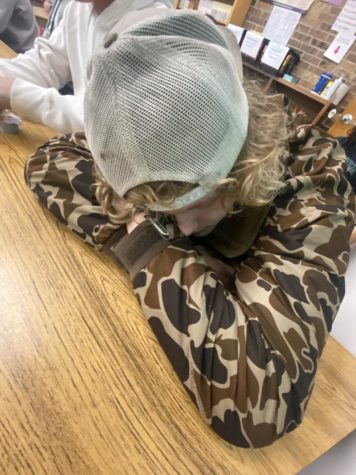

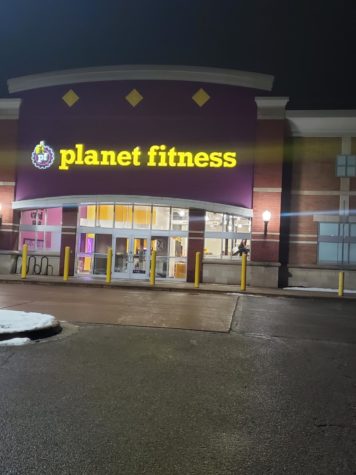
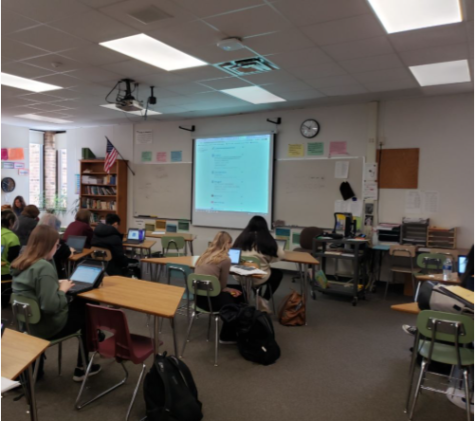
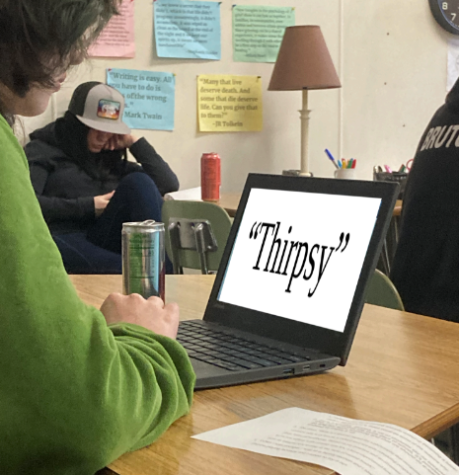
Lauren Huebner • Jan 11, 2019 at 11:11 AM
I agree with what she said, kids forget that school counselors aren’t here just to talk about academics. They are a really good source to talk through stress or anxiety.
Soren Luther • Jan 11, 2019 at 11:04 AM
Great job on your article, Justice! Counseling seems like a very interesting field and it seems like it would be great to get to help out others. Keep up the great work!
Maryann Silva • Jan 11, 2019 at 8:42 AM
Counselors are so important. I’m glad they are at schools. Great job on this Justice.
Madison Rindahl • Jan 10, 2019 at 3:28 PM
Wow! Great article. I really enjoyed reading about counselors at SPASH it is very eye opening to read about them. This was well needed and great for us students to understand that we always have people we can trust in school.
Bryant VanRossem • Jan 10, 2019 at 11:16 AM
Really great article. It was nice to see how to do the Q&A’s and with a really good topic. Keep up the good work!
Rachel Placeway • Jan 10, 2019 at 11:10 AM
I think it’s great that SPASH has so many counselors because it makes sure that every student is able to receive the help they need. The questions you asked really helped to understand how counseling is important.
Willow Kluck • Jan 10, 2019 at 10:48 AM
Many great questions and great answers. You article showed what a counselor is and many don’t know what they do. Keep up the great work.
Hlee • Jan 10, 2019 at 10:45 AM
Cool! I didn’t know that counselors do so much more than just have discussions with their patients/clients/students, I’ve always thought they just talk and try to figure ways to cope with things. It’s nice learning more about counselors and how different it is for community counselors and school counselors.